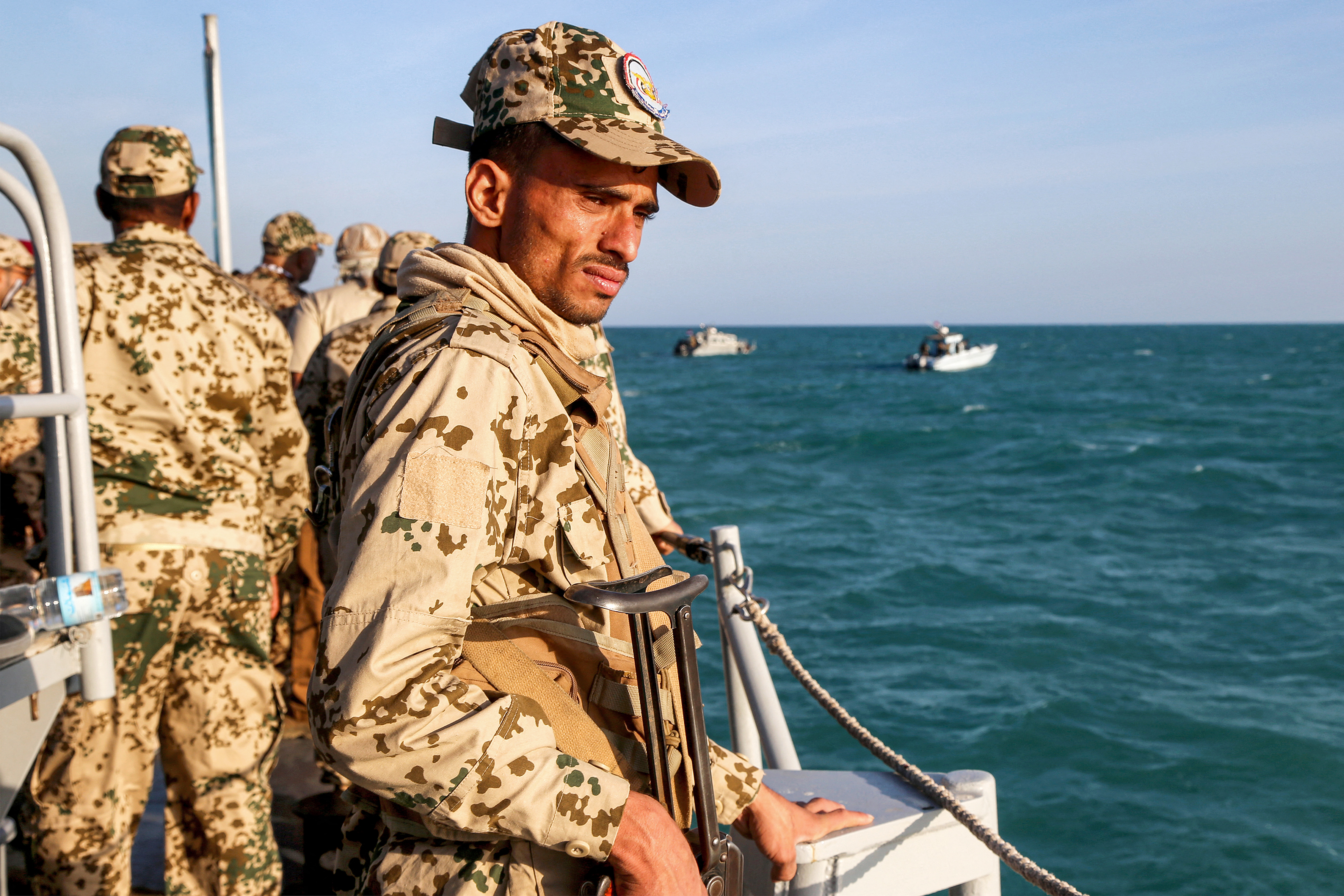
Navigating the Depths: Unveiling the Red Sea Frontline War
The Red Sea, with its azure waters and strategic significance, has been witness to a multitude of historical events. Among these, the Red Sea Frontline War stands out as a pivotal chapter, where maritime struggles unfolded, shaping the destiny of nations and leaving a lasting imprint on the region’s history.
Strategic Significance of the Red Sea
The Red Sea has long been a corridor of commerce, connecting the Mediterranean to the Indian Ocean. Its strategic importance has made it a focal point for maritime powers throughout history. The control of this vital waterway meant dominance over crucial trade routes and the ability to project power across the region.
The Genesis of Frontline Tensions
The origins of the Red Sea Frontline War can be traced to geopolitical rivalries and territorial disputes. As nations sought to expand their influence, conflicts arose along the coastlines of the Red Sea. Control over key ports and naval bases became crucial in asserting dominance and securing economic interests.
Naval Strategies Unleashed
Naval strategies played a central role in the Red Sea Frontline War. Maritime powers deployed their fleets with precision, aiming to control critical chokepoints and secure dominance over the vast expanse of the Red Sea. The clash of naval forces in this theater of war showcased the evolving tactics and technologies of maritime warfare.
Forgotten Heroes and Forgotten Wars
In the annals of history, the Red Sea Frontline War often remains overshadowed by more well-known conflicts. Yet, within its waters, heroes emerged, and battles were fought that had a profound impact on the geopolitical landscape. Exploring these forgotten narratives provides a richer understanding of the complexities that defined the Red Sea’s maritime history.
The Turning Tide: Key Battles
Key battles marked turning points in the Red Sea Frontline War. The contested waters saw naval engagements that shifted the balance of power, influencing the outcomes of broader geopolitical struggles. These battles, often overlooked in mainstream historical narratives, played a crucial role in shaping the destinies of the nations involved.
Legacy of the Red Sea Frontline War
The legacy of the Red Sea Frontline War extends beyond the confines of its historical period. It reverberates in modern geopolitics, influencing maritime policies and regional dynamics. Understanding this legacy is essential for comprehending the intricate relationships between nations that share the Red Sea as a strategic frontier.
Exploring Forgotten Chapters: Red Sea Naval War
For a deeper dive into one such forgotten chapter, the Red Sea Naval War, click here. This link provides a gateway to an exploration of the specific naval engagements and strategic maneuvers that defined this lesser-known aspect of the Red Sea’s maritime history.
Adapting to Changing Tides
As the Red Sea Frontline War unfolded, nations were forced to adapt to changing tides, both literally and metaphorically. The ability to navigate the complexities of maritime conflict, coupled with diplomatic finesse, became paramount. Lessons learned during this period continue to shape the approaches of nations navigating the geopolitical waters of the Red Sea today.
The Red Sea Frontline War in Global Context
Beyond its regional significance, the Red Sea Frontline War had broader implications in the global context. The outcomes of the conflict resonated with the power dynamics of the time, influencing alliances and shaping the trajectories of empires. Understanding the global ramifications adds a layer of complexity to the historical tapestry of the Red Sea.
A Call to Remember: Preserving Maritime Heritage
In conclusion, the Red Sea Frontline War beckons us to remember and preserve the maritime heritage that unfolded within its waters. By delving into forgotten chapters, acknowledging the sacrifices of those who fought, and understanding the strategic intricacies, we can ensure that the legacy of this historic conflict endures in the collective memory of nations.
